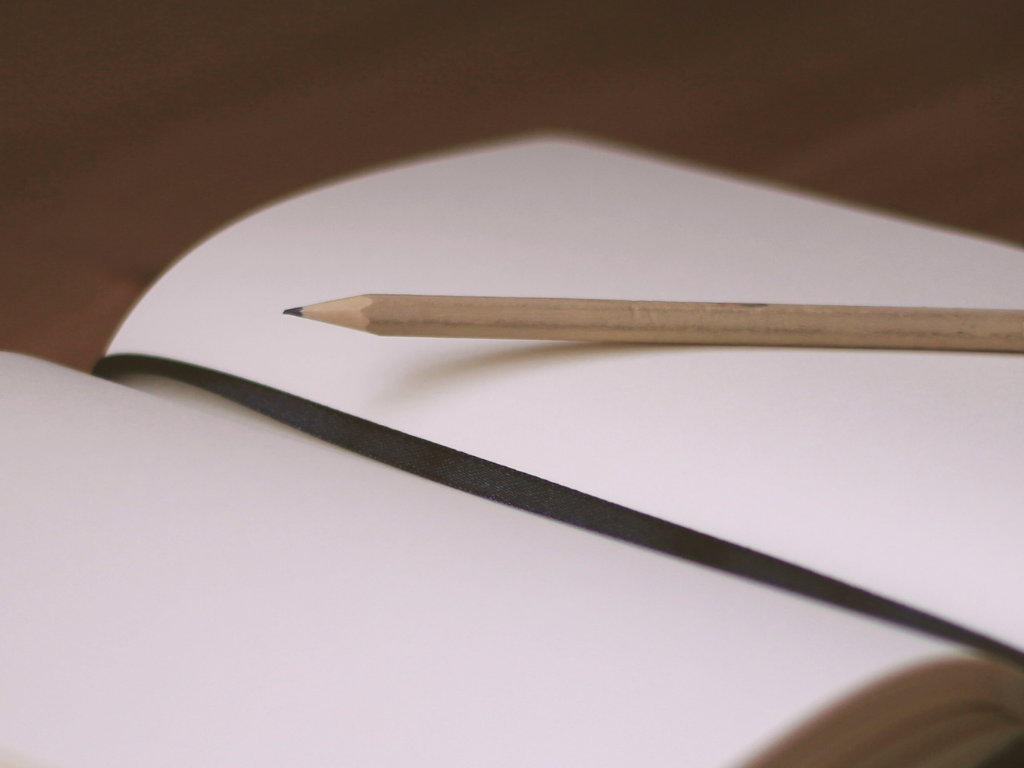
For many beginners, the hardest part of journaling is staring at a blank page, not knowing where to begin. It’s easy to feel intimidated or uncertain about what to write, but the good news is that overcoming this initial fear is entirely possible. In this post, we’ll cover practical tips and techniques to help you push past the fear of the blank page and start your journaling journey with confidence.
Why Do We Fear the Blank Page?
Before diving into strategies, let’s explore why the fear of the blank page exists. For most people, it boils down to three common worries:
- Perfectionism: The pressure to write something meaningful or profound can make it hard to start.
- Self-doubt: You might worry that your thoughts aren’t “good enough” to write down.
- Overthinking: Too many ideas floating around can make it hard to focus and get started.
The key to overcoming this fear is understanding that journaling isn’t about perfection—it’s about expression. You don’t need to write the perfect sentence or solve all your problems with one entry. The most important thing is just to start.
Tips and Techniques to Overcome the Fear of the Blank Page
If you’re ready to conquer the blank page and start journaling, here are practical strategies to help you get there:
1. Start with a Simple Prompt
When you’re not sure what to write, using a prompt can be a game-changer. Prompts give you a specific direction, eliminating the guesswork. Here are some easy prompts to get you started:
- “How am I feeling right now?”
- “What’s one thing I’m grateful for today?”
- “What’s on my mind?” By focusing on answering a simple question, you’ll find the words flow more easily, and before you know it, your page won’t be blank anymore.
2. Embrace Freewriting
One of the best ways to break through writer’s block is freewriting. Set a timer for 5-10 minutes and write without stopping. Don’t worry about grammar, structure, or making sense. The goal is to release whatever comes to mind. Even if you start by writing, “I don’t know what to write,” eventually your thoughts will find direction. Freewriting helps you push past the initial block, and often, the most genuine thoughts surface through this technique.
3. Start Small
Feeling like you need to fill pages can be daunting. Instead, start with small goals. Write just one sentence or a short paragraph. The pressure to write more can often paralyse you, but by aiming for a small, achievable target, you’re more likely to start and keep going. Over time, as you build confidence, your entries will naturally become longer.
4. Let Go of Perfectionism
Perfectionism is one of the main reasons we fear the blank page. Many people think their journal entries need to be profound or perfectly written, but that’s far from the truth. Remember, your journal is a judgment-free zone. It’s okay if your thoughts are messy or incomplete. The goal is to get your thoughts out, not to create polished content. Give yourself permission to write imperfectly—it’s a powerful way to overcome the pressure that leads to writer’s block.
5. Visual Journaling
If words aren’t flowing easily, consider using a visual journaling approach. This involves doodling, sketching, or adding color to your journal instead of writing. Drawing can help you express emotions when words are hard to find, and the creative process can help you relax into the journaling habit. Over time, the visual aspect can serve as inspiration for written entries.
6. Use Guided Journals
If the idea of a completely blank page feels overwhelming, try using a guided journal. These journals provide prompts, structure, and themes to help you get started, so you’re never starting from scratch. They can be especially helpful for beginners who need a little extra direction and support to build a consistent practice.
Building a Journaling Habit: Consistency Over Perfection
One of the most effective ways to overcome the fear of the blank page is to make journaling a regular habit. The more often you write, the less daunting it becomes. Here are a few tips for building a consistent journaling routine:
- Schedule It: Dedicate a specific time each day for journaling. Whether it’s first thing in the morning or right before bed, creating a routine helps reduce resistance.
- Keep It Short: Start with just 5-10 minutes a day. You don’t need to spend hours journaling for it to be effective.
- Stay Flexible: If one day’s journaling doesn’t go as planned, don’t be hard on yourself. The key is to return to the practice without judgment.
Final Thoughts: Getting Comfortable with the Blank Page
Overcoming the fear of the blank page is about changing your mindset. Instead of seeing it as an intimidating empty space, view it as an opportunity—a space for exploration, growth, and self-reflection. Every time you put pen to paper, you take a step towards expressing your true self and gaining insight into your thoughts and feelings.
Journaling is a powerful tool for mental clarity, emotional release, and personal development. The next time you face a blank page, remember: it’s not about perfection, it’s about starting. Once you overcome the initial resistance, you’ll unlock a practice that can transform your life.
Want more journaling inspiration?
Get exclusive prompts, techniques, and insights straight to your inbox.
Join the Journaling Flow newsletter today!


